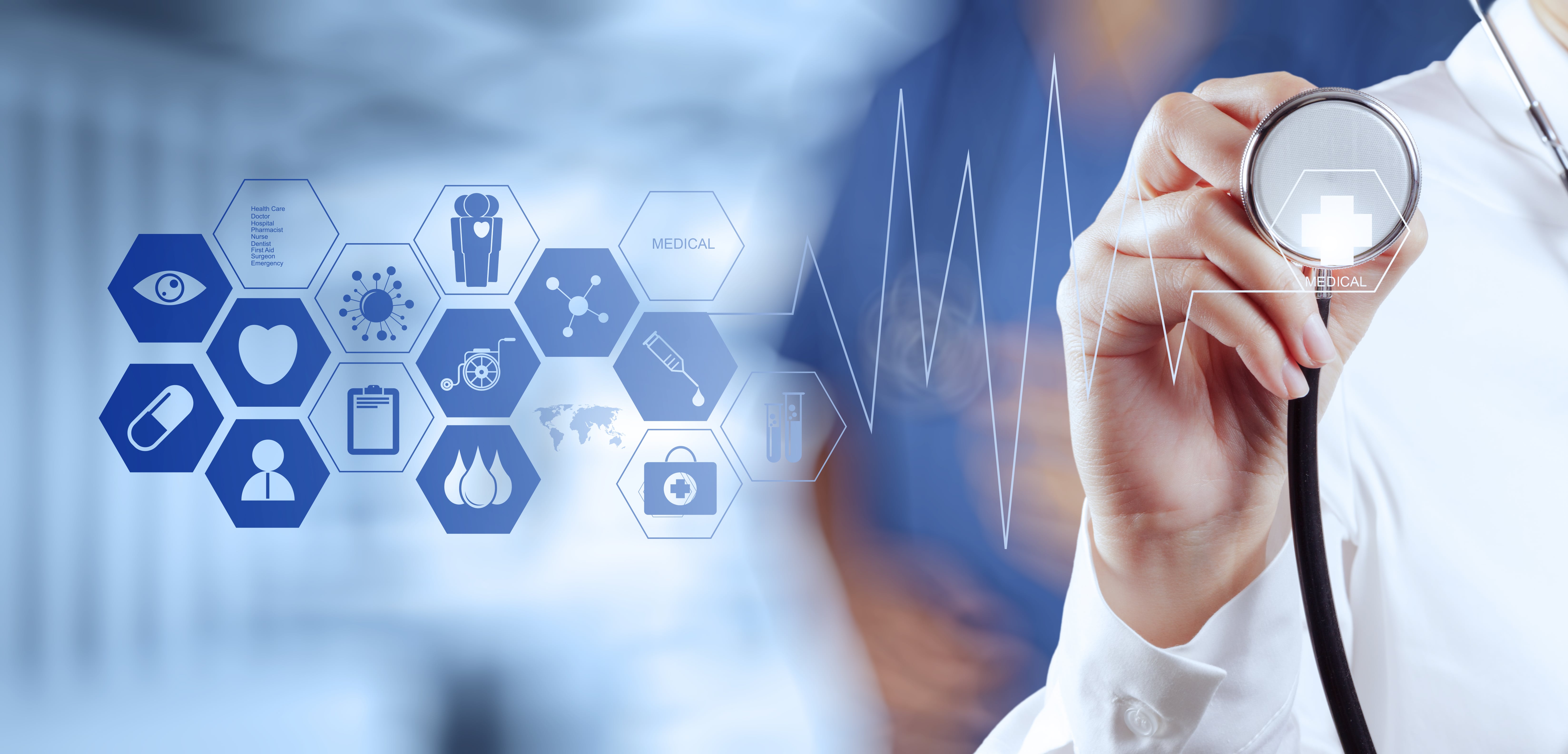- Our Doctors
- Our Specialities
Centres of Excellence
-
 Centre for Blood Diseases, BMT & Cancer Immunotherapy
Centre for Blood Diseases, BMT & Cancer Immunotherapy -
 Centre for Bone, Joint & Spine
Centre for Bone, Joint & Spine -
 Centre for Critical Care Medicine and ECMO Services
Centre for Critical Care Medicine and ECMO Services -
 Centre for Gastrosciences
Centre for Gastrosciences -
 Centre for Heart & Vascular Care
Centre for Heart & Vascular Care -
 Centre for Nephro-Urosciences
Centre for Nephro-Urosciences -
 Centre for Neurosciences
Centre for Neurosciences -
 Centre for Obstetrics and Gynaecology
Centre for Obstetrics and Gynaecology -
 Centre for Organ Transplantation
Centre for Organ Transplantation
Super Speciality
-
 Advanced Diagnostic and Interventional Radiology
Advanced Diagnostic and Interventional Radiology -
 Anesthesiology & Pain Management
Anesthesiology & Pain Management -
 Clinical Nutrition and Dietetics
Clinical Nutrition and Dietetics -
 Dental and Maxillofacial Surgery
Dental and Maxillofacial Surgery -
 Dermatology
Dermatology -
 Emergency and Trauma
Emergency and Trauma -
 Endocrinology and Metabolic Disease
Endocrinology and Metabolic Disease -
 ENT and Head & Neck Surgery
ENT and Head & Neck Surgery -
 Family Medicine
Family Medicine -
 General and Laparoscopic Surgery
General and Laparoscopic Surgery -
 General Medicine
General Medicine -
 GI Onco Surgery
GI Onco Surgery -
 GI Oncology
GI Oncology -
 GI Surgery, Advanced Laparoscopy and Gastro Oncosurgery
GI Surgery, Advanced Laparoscopy and Gastro Oncosurgery
-
- Key Procedures
- Our Hospitals
- International Patient
- Contact us
-
Quick Links
Blogs
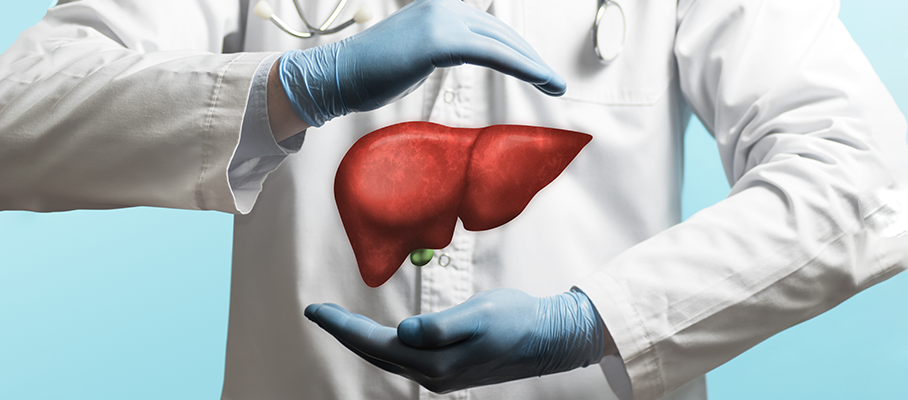
Liver Health
The liver performs many functions essential for good health and long life. Among its most important jobs are:
Producing important substances. Your liver continually produces bile, albumin, and important metabolic enzymes and chemicals. Bile is a chemical that helps turn fats into energy that your body uses. Bile is necessary for the digestive process. Your liver also creates albumin. This is a blood protein that helps carry hormones, drugs and fatty acids throughout your body. Your liver also creates most of the substances that help your blood clot after injury.
Processing bilirubin. The liver helps your body get rid of bilirubin, a substance found in bile. This happens from the breakdown of your red blood cells. Too much bilirubin in your body can cause jaundice, which causes the yellowing of the skin and eyes.
Removing waste products. When you take in a potentially toxic substance, like alcohol or medicine, your liver helps filter and remove it from your body, acting as a natural detoxification system
Controlling immune responses. When bacteria, viruses or any foreign substances enter your body, specialised cells in your liver can find and destroy these organisms.
Maintaining glucose. The liver helps your body maintain a healthy level of blood sugar.
When we think of the liver, the first thing that comes to mind is good digestion. The liver also plays a vital role in purifying the blood, regulating diabetes, and maintaining our metabolism. Often liver diseases and disorders don’t show their symptoms until the problem has already developed further.
Here are some simple steps that will help you keep your liver healthy:
- Avoid Alcohol Abuse: Reduce and regulate your alcohol intake. Abstaining from alcohol and any form of drugs is best for the overall health of your liver
- Eat The Rainbow: A well balanced diet with fruits, green leafy vegetables, protein and healthy whole grains will keep you nutritionally strong and fight off any foreign substances or bacteria. Stay hydrated with a regular intake of at least 1-2 litres of water everyday.
- Physical Exercise: Ensure you are actively getting physically active, as this helps you maintaining a healthy metabolism with good immunity
Latest Posts
-
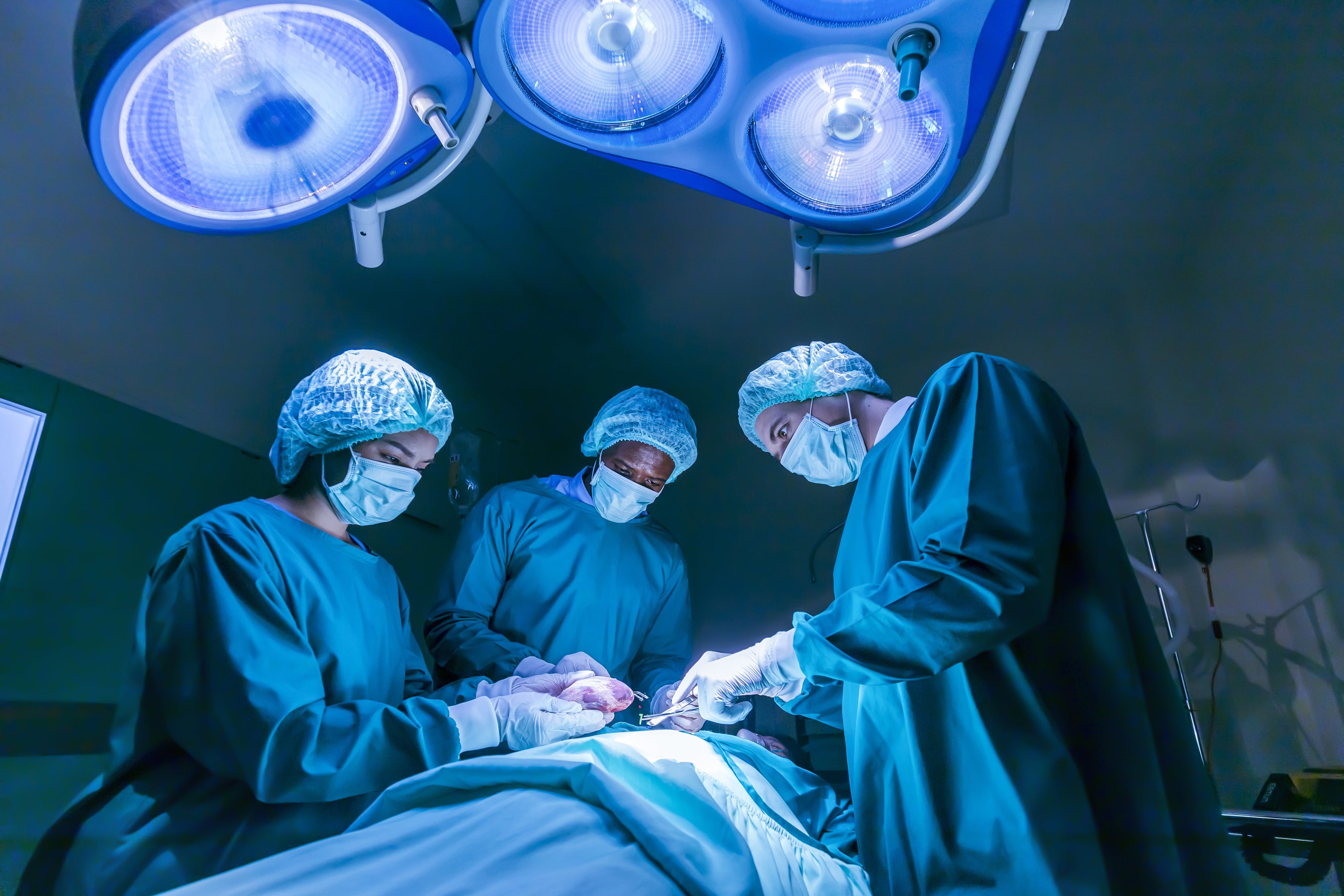 Awake Craniotomy Jul 12, 2022
Awake Craniotomy Jul 12, 2022 -
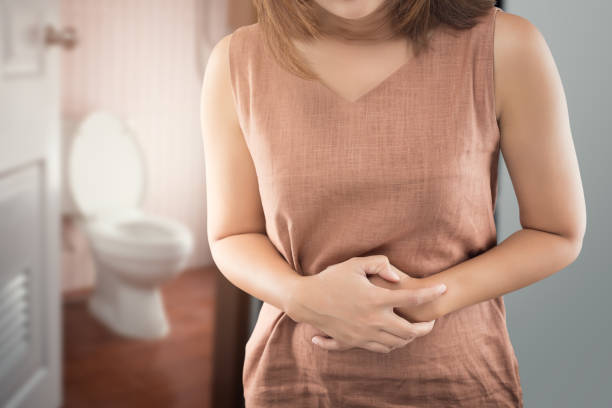 Curing Constipation Jul 12, 2022
Curing Constipation Jul 12, 2022 -
 The ‘Gut Health’ Buzz Jul 12, 2022
The ‘Gut Health’ Buzz Jul 12, 2022 -
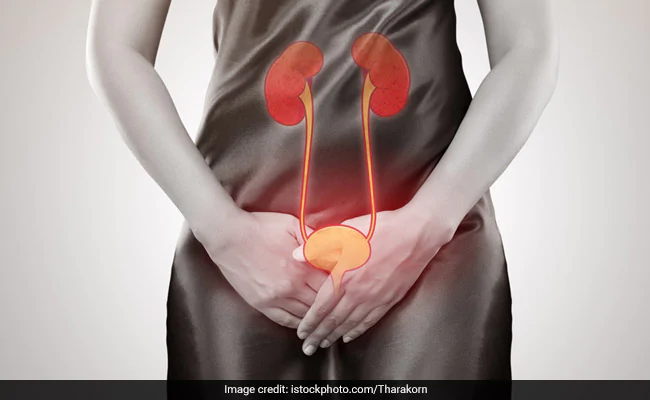 Tips to Prevent UTI Jul 12, 2022
Tips to Prevent UTI Jul 12, 2022
Categories
- Clinical Nutrition and Dietetics
- Endocrinology and Metabolic Disease
- General and Laparoscopic Surgery
- General Medicine
- Physical Medicine and Rehabilitation
- Psychiatry
- Centre for Heart & Vascular Care
- Centre for Bone, Joint & Spine
- Centre for Neurosciences
- Centre for Gastrosciences
- Centre for Nephro-Urosciences
- Centre for Blood Diseases, BMT & Cancer Immunotherapy
- Centre for Obstetrics and Gynaecology

 +91 9393 108 108
+91 9393 108 108










































